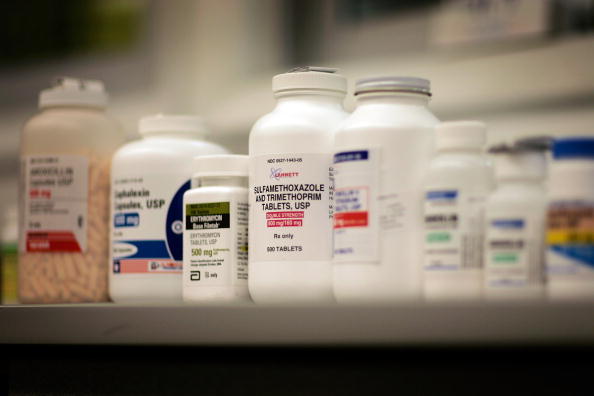
Although the United States consumes at least 7 billion antibiotic pills every year, it's not the biggest popper. The title belongs to India with around 13 billion.
This is the finding of the comprehensive Center for Disease Dynamics, Economics and Policy (CDDEP) report that correlates antibiotic use and resistance.
Antibiotics have become a growing subject among numerous studies, but often, resistance and use are talked about separately. In this new report, the researchers tried to combine related data for both, including information that "has never seen the light of day" since they are obtained from private clinics. For the report, they looked into the antibiotics use of more than 65 countries and resistance in at least 39 nations.
Upon analysis, the report showed that antibiotic resistance is growing significantly in developing countries especially India. For example, within 2009 to 2014, the MRSA cases jumped from 29% to more than 45%. One of the growing antibiotic resistance threats in the country is Klebsiella pneumoniae, a bacterium that can invade the lungs and increase the risk of death of the patient. It is resistant to several antibiotics including Carbapenems. At least 55% of the samples from India, which were tested in 2014, were resistant, a significant increase from almost zero in 2000.
E. coli can also show resistance to the same drug, of which 13% from India did as of 2013. Further, pregnant women are highly susceptible to the dangerous infection since the resistance can be as high as 40% for at least one antibiotic. Children too are not spared with at least 60% resistance.
The soaring increase in antibiotic resistance may be due to India's tendency to take antibiotics even for minor infections.
However, if there's a light of hope, it's that India is starting to create national networks for close monitoring and management of cases related to antibiotic resistance. The report also suggests certain measures to reduce dependency on antibiotics such as improving vaccine coverage, infection control in hospitals, and remove the use of antibiotics in agriculture.
